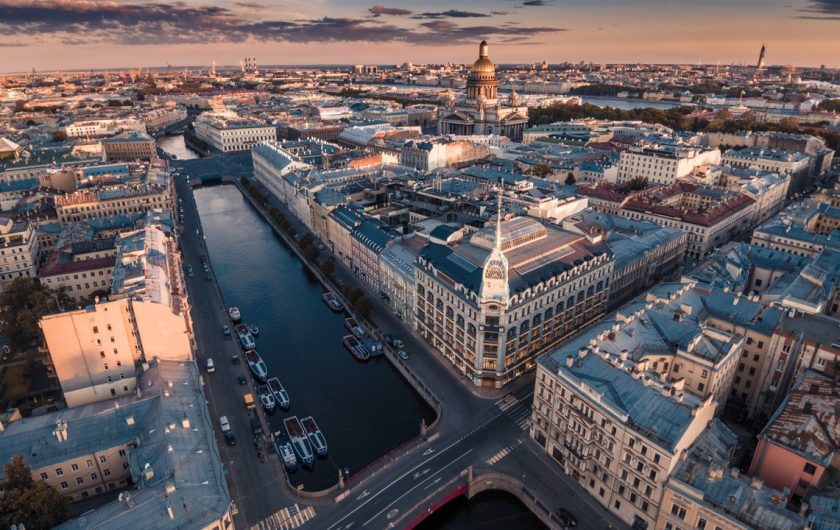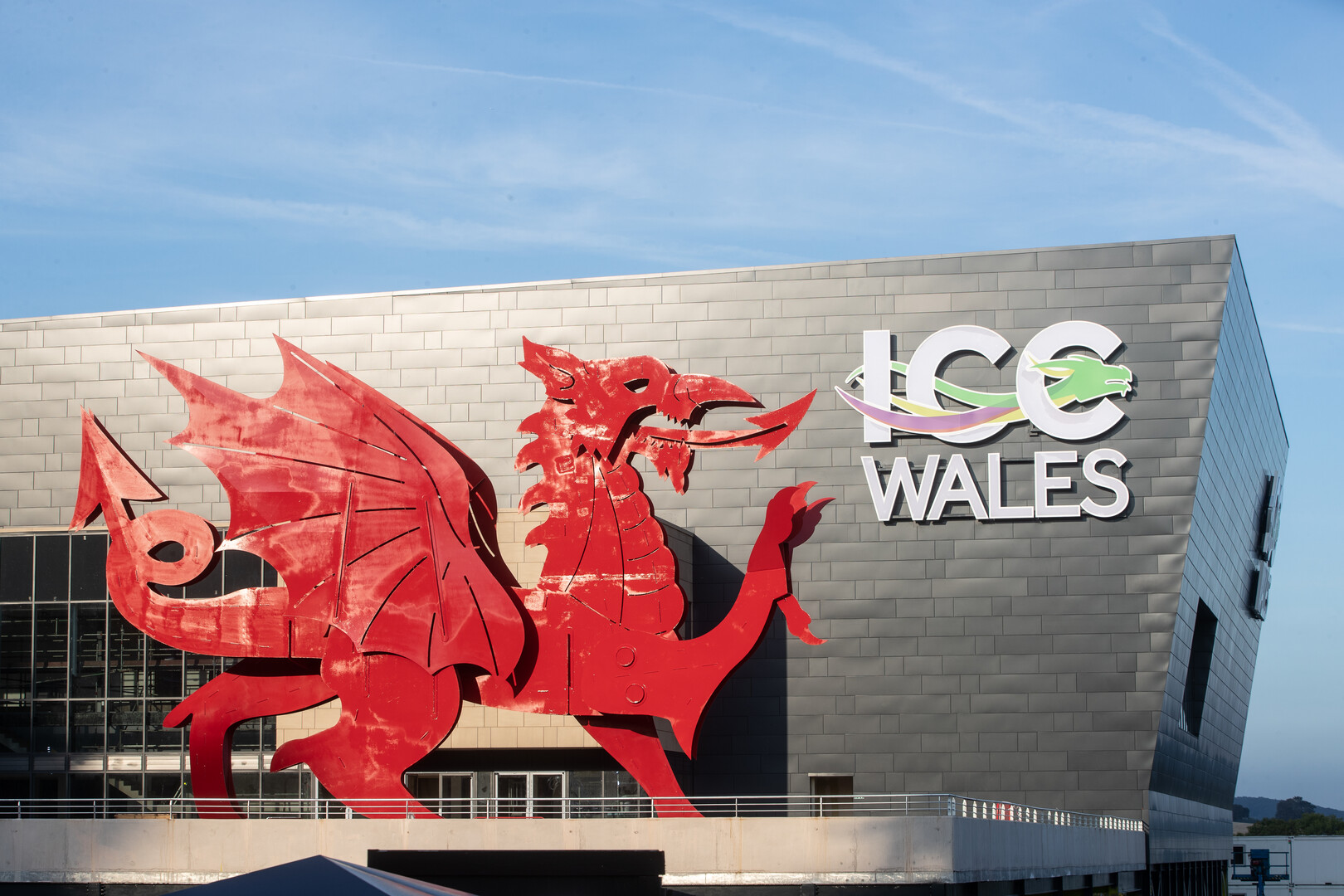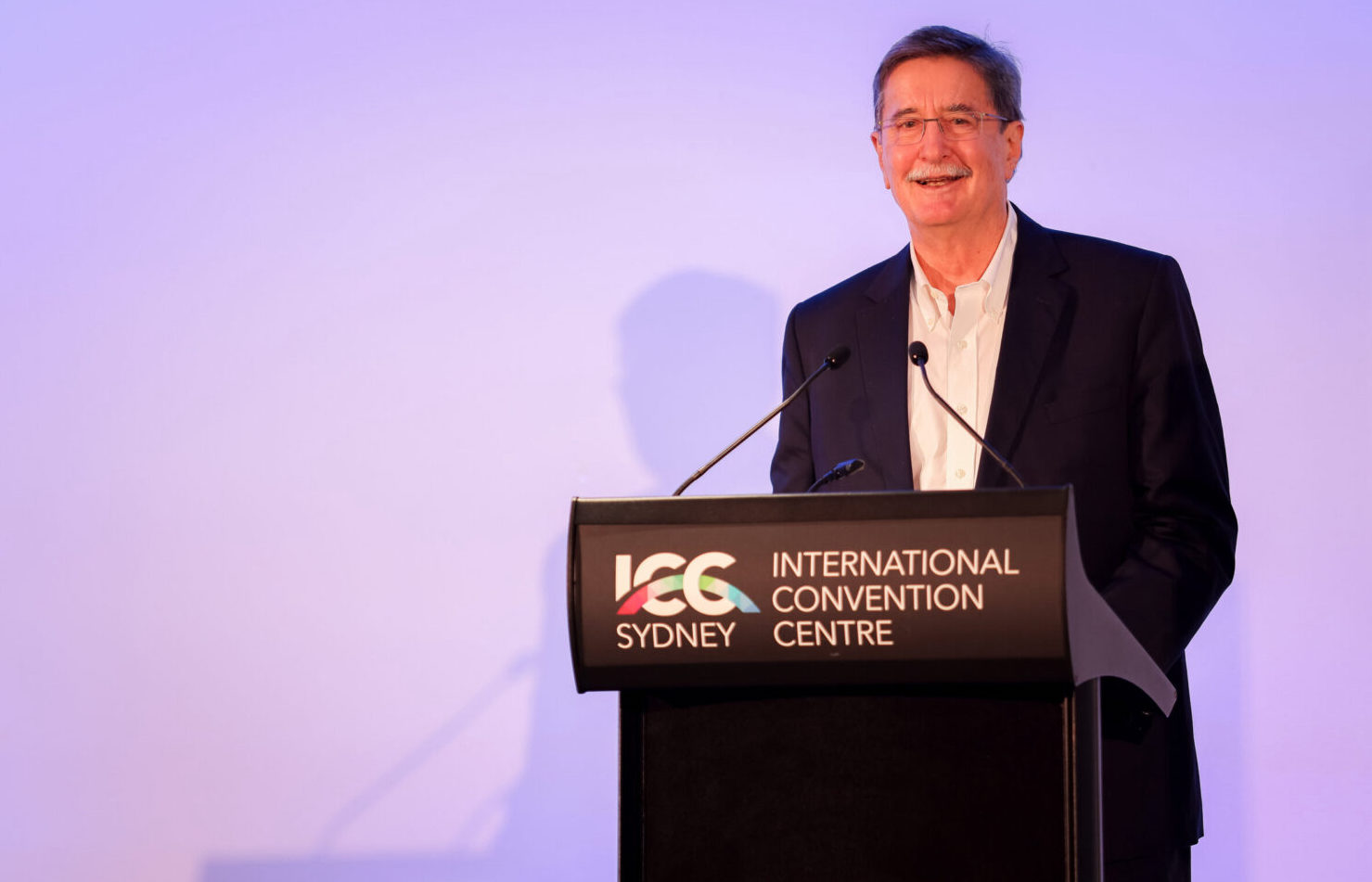SANCTIONS are taking their toll on the Russian business events sector due to the conflict with Ukraine, but companies are now looking to opportunities arising from the China-led Belt and Road initiative and co-operation with emerging markets, according to experts at an international conference in Moscow.
Prior to February 24, 2022 – when the Kremlin’s “special military operation” against Ukraine commenced – Russia’s meetings and business travel was rapidly becoming one of the largest not only in Europe, but also globally. Hundreds of international conferences and events took place each year in the country in addition to thousands of business travel arrivals.
Western sanctions led to serious problems for the Russian meetings’ sector, such as closure of airports in the south of the country and an exodus of skilled industry specialists.
More… St Petersburg reaches out to Asia
The Covid-19 pandemic also had a negative impact, but in contrast to most other countries, the meetings sector in Russia underwent a quick recovery. Now, however, the industry is being seriously pushed back due to unprecedented sanctions imposed on the country.
Western companies that were anchor clients for many Russian agencies specialising in meetings, events and conferences began leaving the country following February 2022. Companies that remained have reduced budgets for marketing and incentive projects.
Still, according to recent statements made by leading Russian experts in the field of business events during the Meet Global MICE Congress, (Russia’s most important industry event held annually at the beginning of October), the meetings industry in Russia has generally adapted to working under the pressure of sanctions, particularly in Moscow and St Petersburg.
From Russia with Events… Planner Interview
According to chairman of the Moscow Tourism Committee, Evgeny Kozlov, in the first half of 2023 about 2 million visitors travelled to Moscow for business purposes, which is 10 per cent more than in the same period in 2022. In Moscow, business tourism and the meetings segment has not only returned to pre-Covid levels, but have also exceeded those levels.
Moscow plans to create conditions for a more active promotion of the city among foreign audiences. In contrast to previous years, when hopes rested with business travellers from Western countries, more attention is now being paid to expanding cooperation with China, India, Southeast Asia, the Middle East and the Commonwealth of Independent States (CIS) – the federation largely comprised of former Soviet republics.
Most international delegates and business travellers visiting Russia these days are predominantly from the CIS countries or Asia with the Russian government becoming the industry’s major client. Demand from the pharmaceutical industry, financial and consulting companies, as well as those in consumer goods and IT remains high, which allows event companies to stay afloat.
According to local analysts in the field of meetings and business travel, there is a serious change of formats and structure taking place in the industry. At the beginning of war with Ukraine, the number of large events, conferences and meetings in Russia fell significantly, but the main demand switched to small to medium-sized events for no more than 50-100 participants.
According to statistics from the Russian Ministry of Culture, the share of small meetings of less than 50 people this year increased to 75 per cent (compared to 65% in 2021), while the share of “medium-sized” meetings fell to 20 per cent in the overall structure of the market.
One of the biggest problems for Russian meetings and business travel organisers came with the disconnection from global services for booking and selling air tickets provided by Saber, Galileo and Amadeus. More than 50 international airlines also exited due to exchange-rate fluctuations from the BSP Russia mutual settlement system, which links travel agencies and carriers. The departure of major hoteliers like Marriott International and Hyatt and the suspension of Booking.com also had a serious effect.
In 2022, the industry faced a new challenge: the Russian Central Bank raised the key rate several times, resulting in rates on loans rising to 25-27 per cent per annum, compared to 13 per cent previously. With the start of the Russo-Ukraine war, the industry faced an acute shortage of funds, leaving companies counting on increased support from the state.
Meanwhile, the Russian federal government and the authorities of the largest regions in the country – particularly Moscow and St Petersburg, are considering solutions such as direct and indirect financial support.
Moscow City Government, for example, plans to provide compensation of up to 10 million roubles (about US$107,500) for losses by some conference organisers due to the ongoing turmoil. Organisers say such support is primarily conducted in the form of various grants to compensate for approximately 10-20 per cent of the budget for venue hire and technical equipment.
Hopes among many Russian organisers rest with a preferential lending programme. Commercial bank loans are now practically inaccessible for most companies operating in meetings and business travel due to high interest rates. They are also hoping to sign more contracts with the state.
Most analysts reckon business travel and conferences face further consolidation in geographical terms with market share in Moscow and St Petersburg growing while it declines across provincial Russia.
The combined market share of both cities is estimated at 70 per cent with the prospects of up to 80-85 per cent growth over the next two years. In case of Moscow, the number of companies operating in the city’s conference and meetings sector accounts for roughly half of the MICE industry across the whole of Russia.
Opinion… Ukraine: tanks, bandwagons and tragedy
Despite the problems, most market players maintain some optimism. They say the industry has not reached a critical point and that practically all suppliers and service operators that left the market can be replaced.
Experts expect the market to at least partially recover in November-December when new major conferences and business events are scheduled.



